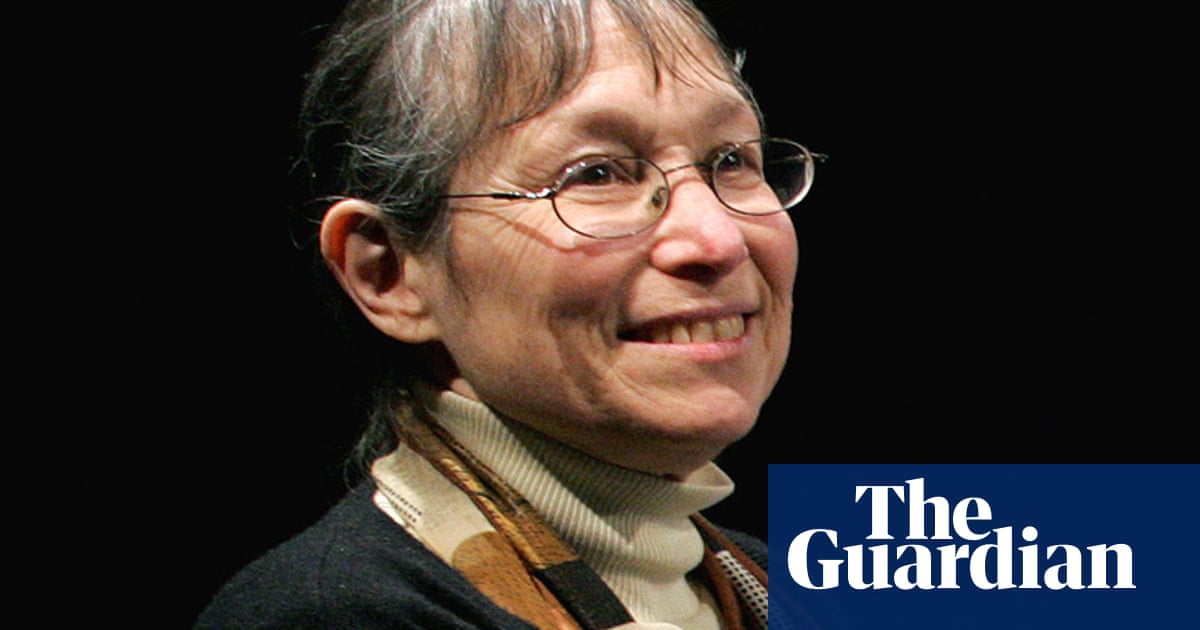After enduring hellish years on America’s death row for a crime she did not commit,Sonia “Sunny” Jacobsfound an idyll, and healing, in rural Ireland. But in a final, cruel twist, her sanctuary claimed her life.
Jacobs, 78, and her carer, Kevin Kelly, were found dead on Tuesday after a fire at her cottage near the village of Casla, in County Galway.
It was a tragic end to a remarkable life that was chronicled in books, a play and a film, and made Jacobs a symbol of second chances and the campaign against capital punishment.
Emergency services were alerted to the blaze at 6.19am and pronounced Jacobs and Kelly, a local man in his 30s, dead at the scene. Police are examining the bungalow to determine the cause of the fire.
The news prompted grief and tributes from Jacobs’ friends and supporters. “Sunny was a fierce advocate for justice and a guiding light,” the Sunny Center Foundation, a nonprofit she founded that campaigns against wrongful convictions, said in astatement. “Fair winds and full sails on your crossing, Sunny. Your memory is a blessing to us.”
In 1976, Jacobs was a 28-year-old American hippy travelling in Florida with her 10-month-old daughter Christina, nine-year-old son Eric, and her boyfriend, Jesse Tafero, Christina’s father. They accepted a lift from an acquaintance, Walter Rhodes, unaware he had a criminal record and had broken parole conditions.
At a traffic stop, Rhodes shot dead two police officers and sped away with his passengers. He later surrendered, and in a plea deal he blamed the murders on Jacobs and Tafero, who were sentenced to death despite both maintaining their innocence.
Rhodes later confessed to the murders, although he subsequently recanted.
Tafero was executed in 1990. A malfunctioning electric chair meant it took several attempts and 13 minutes to kill him. Flames reportedly shot out of his head.
Jacobs spent 17 years in prison, including five years in a tiny, windowless cell on death row and in solitary confinement, before being exonerated and released in 1992, aged 45.
During her incarceration, her parents died in a plane crash, further traumatising her children. Christina was put into foster care and Eric, then in his mid-teens, supported himself as a pizza delivery boy.
Jacobs sought to rebuild a bond with her children and to live without bitterness, drawing in part on the yoga and meditation that had sustained her in prison.
In 1998 she visitedIrelandto speak at an Amnesty International event and met Peter Pringle, a Dubliner who had been condemned to death and served 15 years in prison for the murder of two gardaí, John Morley and Henry Byrne, during a bank robbery, before the conviction was quashed and he was released.
Jacobs married Pringle and lived with him in Galway’s Irish-speaking Gaeltacht area. They grew vegetables, shared their home with dogs, cats, hens, ducks and goats and each published memoirs.
Jacobs’ story was included in a play,The Exonerated, that was performed in New York, Edinburgh and London and was turned into a film in 2005. She was played by actors such as Mia Farrow, Lynn Redgrave, Susan Sarandon, Kathleen Turner, Brooke Shields and Marlo Thomas.
Jacobs gave talks, set up the Sunny Center Foundation and, despite meagre income, shared an apparently happy life with Pringle. “Everyone gets challenged in life and you can either spend the rest of your life looking backwards or you can make a decision to keep going. That’s the choice I made,” shetold the Guardian in 2013.
Pringle died in 2023, aged 84. In recent years Jacobs suffered from ill health and disability, but neighbours said she had remained upbeat and mentally sharp in her adopted homeland.
“The stone in the west of Ireland makes me feel grounded; it anchors me,” Jacobs once told an interviewer.
